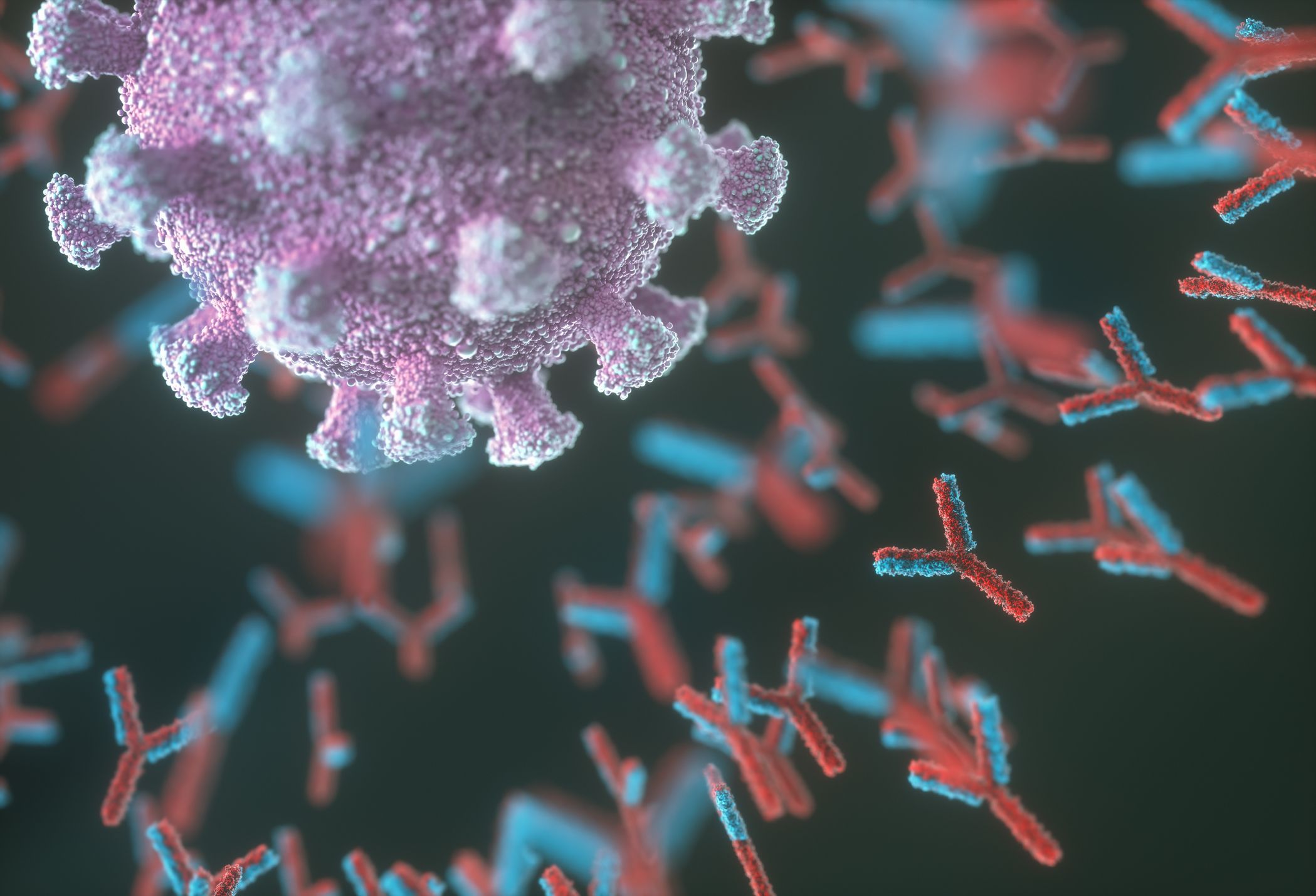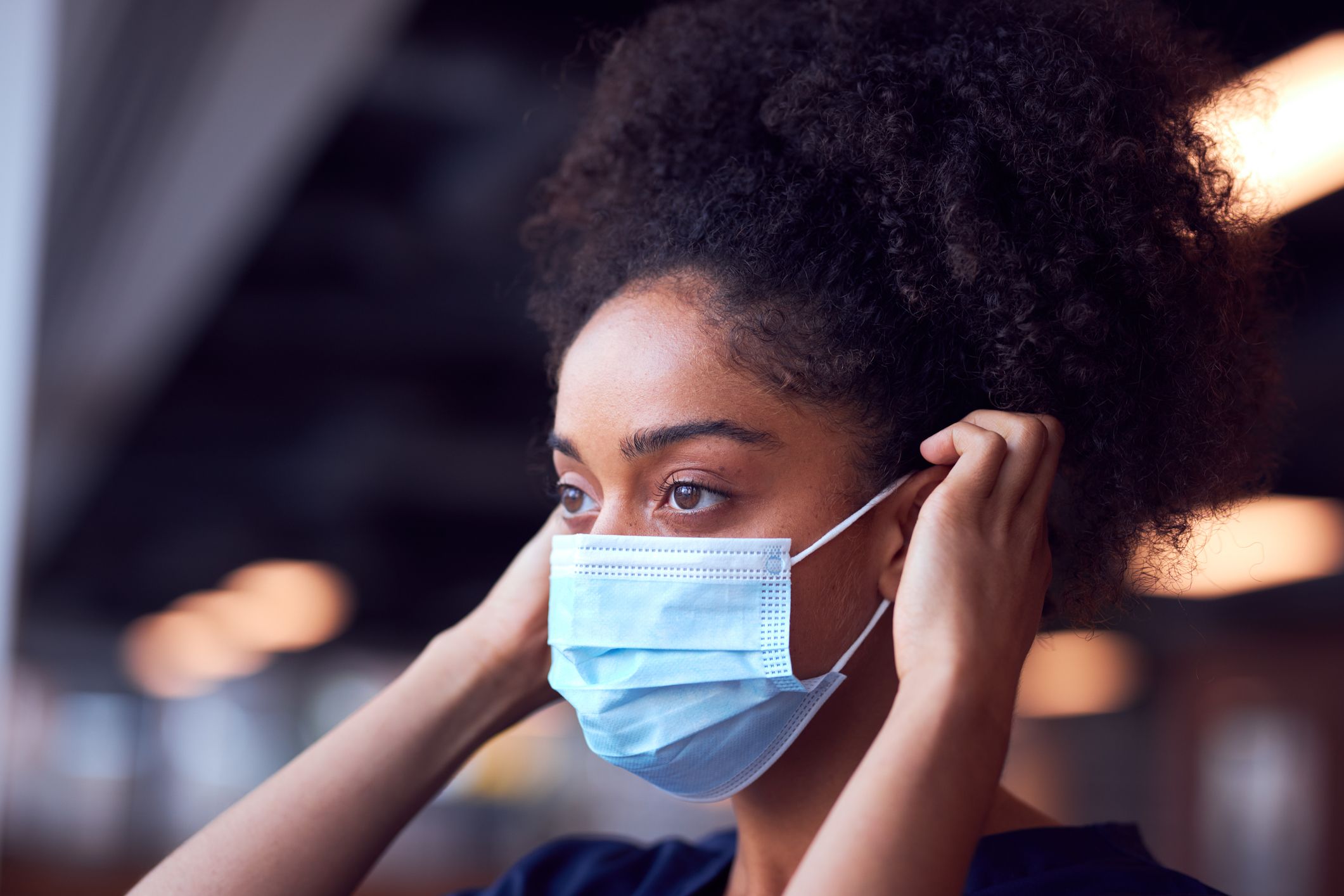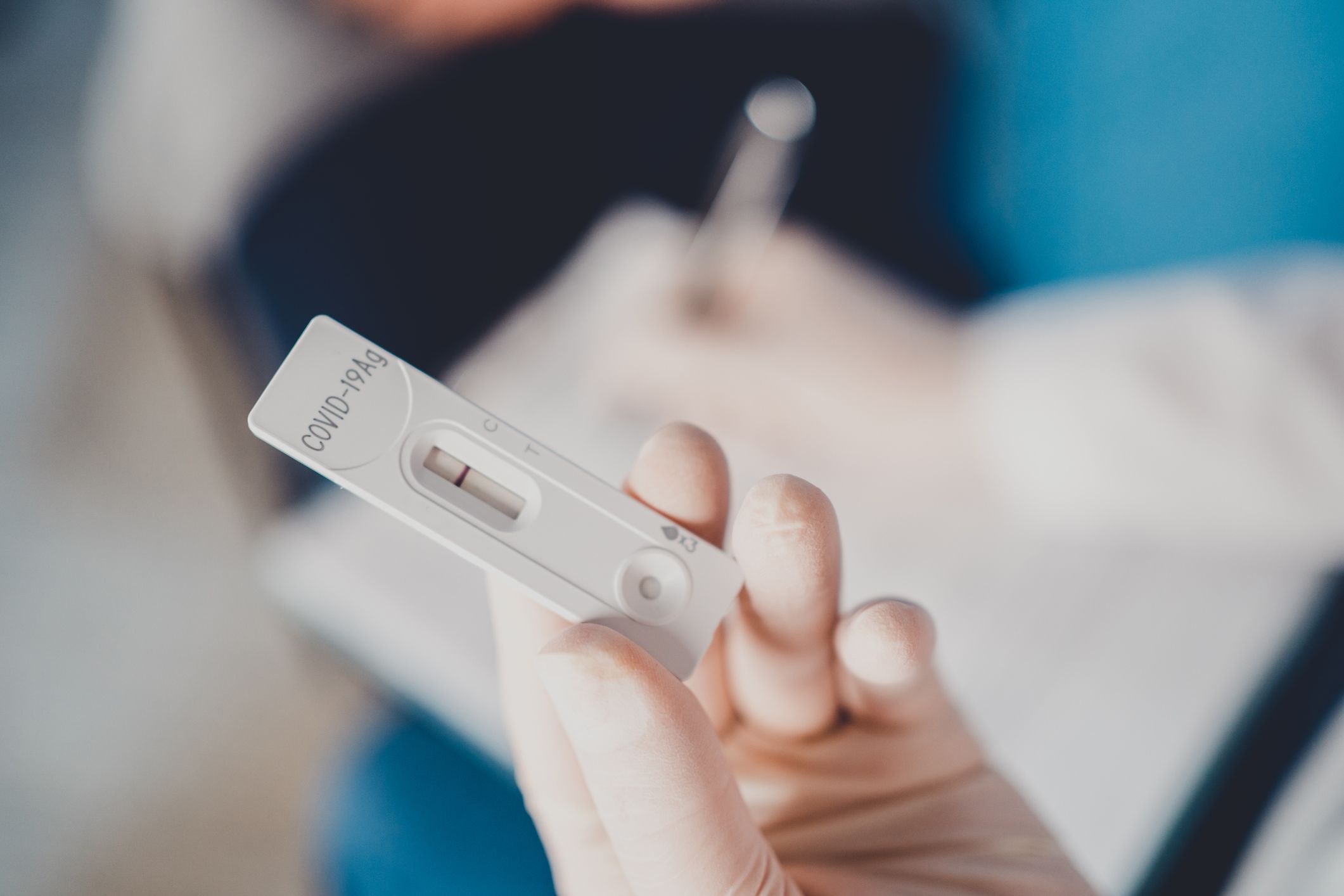

Covid-19 antibodies: How they work and how safe they make us against the new variant
If you’ve had Covid-19, you’ll have developed antibodies that are meant to protect you. But how do they work?

It’s one of the words buzzing around out there in this strange new world of ours, where medical terms trip off our tongues with an ease we couldn’t have imagined before.
This one is antibodies: a word seen by some as representing a get-out-of-jail free card, an “immunisation passport” of sorts. Because once you’ve had a virus, antibodies are what you develop – little soldiers marching about in your body, batting off infection for a while.
And it’s a comfort to people who’ve had Covid-19: you’ve been there, done that and got the antibodies to prove it.
But hang on a second. What about the new variant that’s caused so much havoc here and abroad – do antibodies from a previous Covid-19 infection still protect you? And how do we go about finding out if we have antibodies anyway? How do they work exactly and just how safe do they make us?
We went in search of the answers.
What are antibodies?
Antibodies are proteins called immunoglobulins or Igs which are produced by the body to defend against an infection, explains Dr Vidya Lalloo, emergency medicine specialist at Steve Biko Academic Hospital.
“There are five classes of antibodies but when we talk about immunity, we usually refer to IgM and IgG antibodies.”
Immunoglobulin M (IgM)
This is the first antibody produced when we contract an infection. Production starts quickly, within three to 10 days of contracting an infection, Lalloo says, but its production wanes within a few weeks.
Immunoglobulin G (IgG)
This antibody is usually produced later – around seven to 21 days after infection – but in usual circumstances lasts much longer than IgM, sometimes for months or even years, Lalloo says.
About 70-80% of immunoglobulins in the blood are IgG and they form the basis of long-term immunity.
When you have an infection (other than Covid-19), the body builds a catalogue of IgG antibodies that can be rapidly reproduced when exposed to the same infection again.
Usually, in people with normal immune systems, enough IgG is produced to prevent reinfection.
However, Covid-19 antibodies seem to give only limited protection against reinfection. “These antibodies wane quickly too, and, in some patients, they may be undetectable two to three months after infection,” Dr Howard Newman says.
How do I get an antibody test?
It’s pretty easy to get one in SA. Most pharmacies, including Clicks and Dis-Chem, offer rapid-result tests at affordable prices. Major pathology laboratories – including Ampath, PathCare and Lancet – offer more comprehensive tests.
How it works:
In a pharmacy
A few droplets of blood from a finger prick are needed for a lateral-flow test strip (similar to home pregnancy strip tests) where a line becomes visible if antibodies are present. Some of these rapid tests can measure both IgG and IgM, Newman says.
But because not all brands of lateral flow tests pick up both IgG and IgM, they might not be as accurate as a test done in a lab.
Pros: Results are available within 15 to 30 minutes. And at between R130 and R150, the test is relatively affordable.
Cons: Rapid antibody tests aren’t perfect and can produce false positives.
In a lab
Enough blood must be drawn into a tube for what’s called a serology test. Lab tests are far more sophisticated: technicians use a process that measures the binding of antibodies and proteins called an enzyme-linked immunosorbent assay (Elisa), which produces the most sensitive results.
Pros: False positives are rare.
Cons: Results take between 24 and 48 hours to be released. A lab test costs more – between R225 and R274, depending which lab you go to.
What are the benefits?
A Covid-19 antibody test is particularly helpful in identifying recent past infections, including in asymptomatic people, says Dr Lee-Anne Godinho, specialist physician at Mediclinic Midstream Hospital near Pretoria.
In the medical world, antibody tests are beneficial in three areas: diagnostics, research and screening.
Diagnostics
· When a Covid-19 test – known as a polymerase chain reaction (PCR) test – is negative but a patient has had symptoms of Covid, they may have tested too late. A positive antibody test result can tell whether the patient had contracted the virus.
· When a patient has symptoms similar to post-Covid complications but didn’t have a PCR test, an antibody test might help diagnosis.
· If there’s a discrepancy in PCR test results, a positive antibody test result would confirm the patient has had a recent coronavirus infection.
Research
· To identify donors for convalescent plasma therapy. “Sometimes the blood from people who’ve recovered from an illness can be used to make products that could potentially treat others with that same infection,” Newman says. Plasma therapy for Covid-19 is still in the study phase.
· To check that vaccines are successfully producing enough antibodies in those who have been inoculated.
· To study the prevalence of the disease in a population. Positive antibody test results can show outbreak numbers, identify hotspots and help monitor certain high-risk groups (such as in nursing homes, hospitals and prisons).
Screening
· For asymptomatic people in high-risk professions who have had Covid.
· For asymptomatic individuals in quarantine facilities.
· For asymptomatic patients before admission to hospital for elective procedures.

If I’ve had Covid-19, am I still at risk?
You have some immunity, Godinho says, “but we don’t know how much protection is provided or exactly how long it will last”.
How long immunity lasts is one of the big questions in the pandemic. Research is still ongoing.
What about the new variant?
Everyone should consider themselves at risk, the experts say. In January 2021, The National Institute for Communicable Diseases of SA issued sobering findings. “Mutations have allowed the virus to become resistant to antibodies,” the institute said in a statement.
“Blood samples from half the people we tested [who’d previously had Covid-19] showed all neutralising activity was lost.”
A study in the US found that 10% of Marines who’d had Covid-19 and tested negative repeatedly afterwards were infected again by a new variant.
“Previous infections do not give you a free pass,” says Dr Stuart Sealfon of the Icahn School of Medicine at Mount Sinai, New York. “A substantial risk of reinfection remains.”
Lalloo says it’s vital no one lets down their guard. “We’d hoped we would have immunity to the new variant but unfortunately this is not always the case. I personally know five healthcare workers who’d had Covid and got it again in the second wave.”
The refrain remains the same: wear masks, sanitise, keep your distance. There’s no get-out-of-jail card with this thing.
EXTRA SOURCES: BRITANNICA.COM; SCIENCEALERT.COM; CDC.GOV; MERCKMANUALS.COM; ASSOCIATED PRESS; THE SCIENTIST; NICD.CO.ZA.
